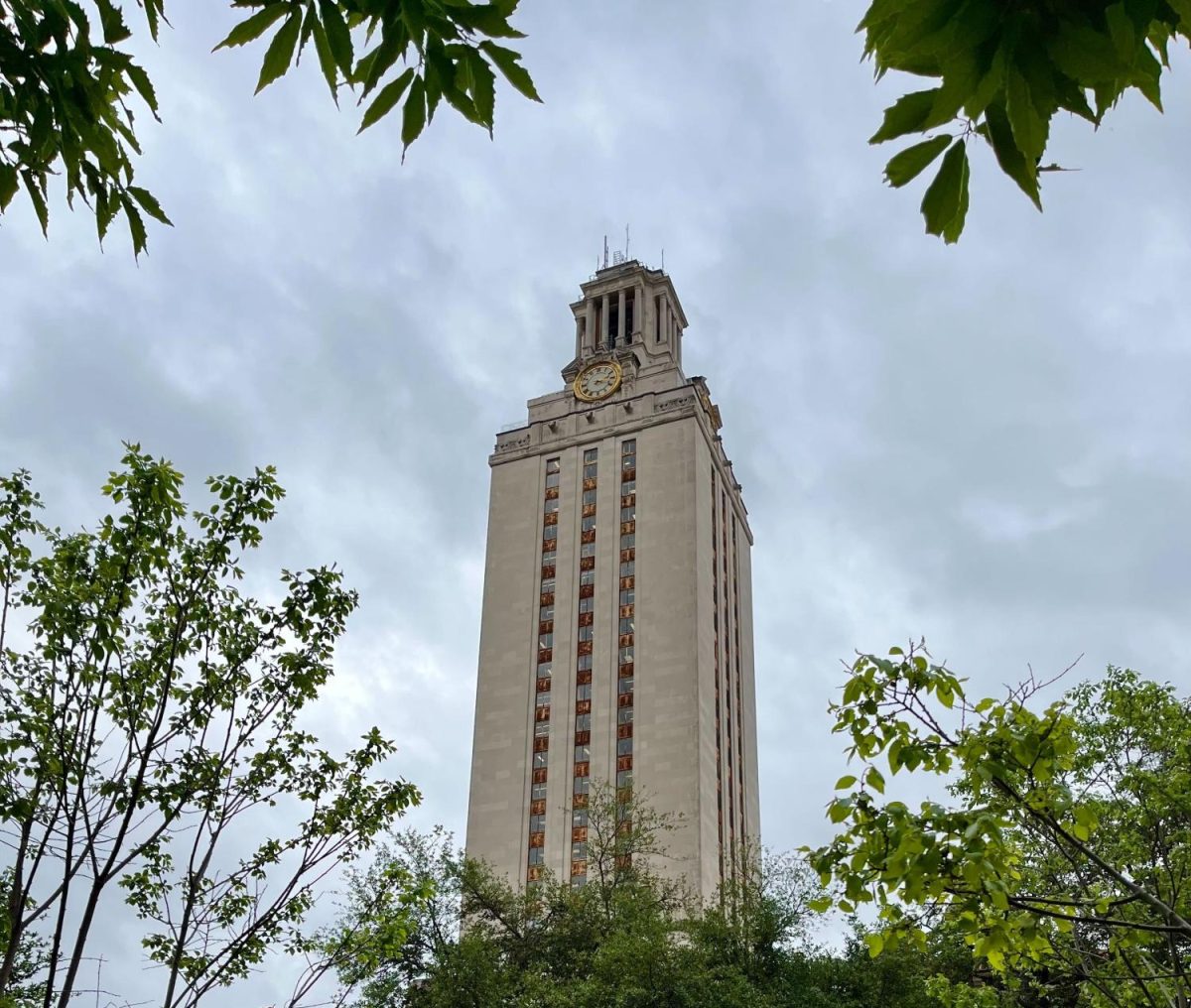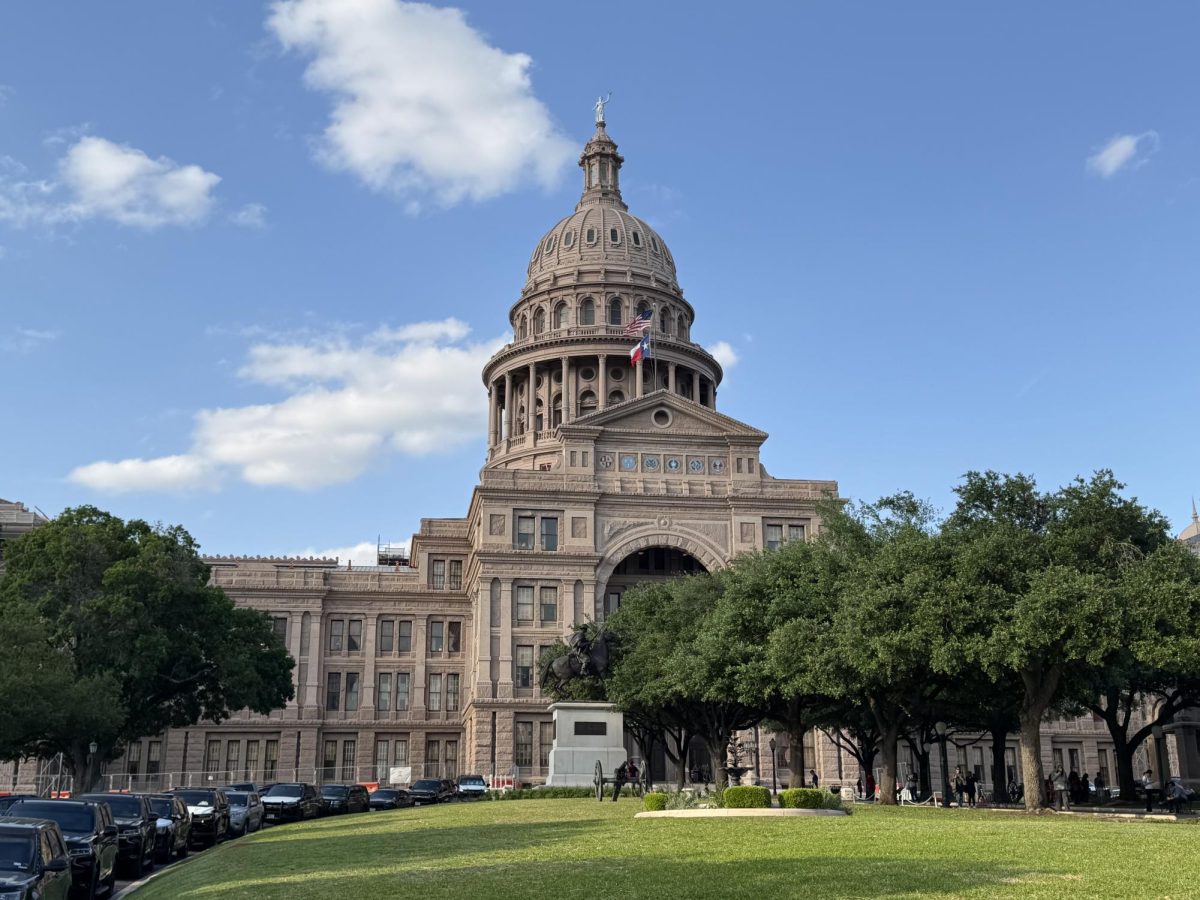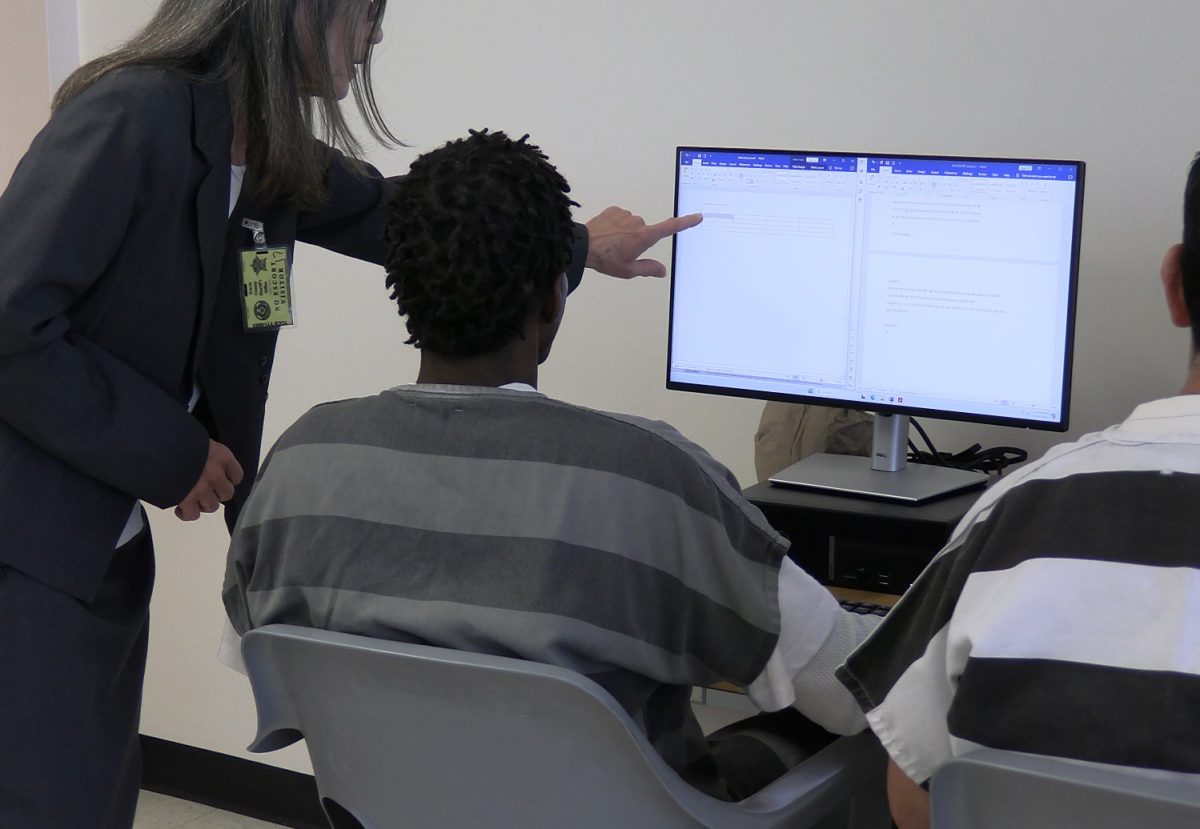As another college application season comes to an end, the topic of diversity, equity, and inclusion (DEI) programs has come back into focus. The buzz around these programs, good and bad, has gained much attention specifically concerning the University of Texas at Austin (UT). While some have praised UT’s inclusion programs, claiming that it has opened doors for successful students who otherwise may not have had these opportunities, Texas lawmakers have actively taken steps to prohibit DEI programs in public universities.
On June 17, 2023, Texas Governor, Greg Abbott, signed Senate Bill 17 (SB 17) into law, prohibiting public institutions and universities from implementing and using DEI activities and programs. Since March, roughly 30 states have introduced bills to restrict DEI programs and Florida, Texas, Tennessee, and Utah legislatures have approved bans. Since 2022, New Mexico and Washington have been the only states to pass bills promoting more DEI programs and opportunities at universities.
“I think [banning DEI programs] is only going to have bad implications and bad effects on future students,” Avi Rajesh ‘25 said. “It is just going to make [marginalized groups] more scared to come out of their shells and make it harder to fit in at whatever school they go to if they are not part of the majority demographic, so until they repeal the ban or fix it, it’s just going to be a lot worse for all future students.”
With the effects of DEI programs being criticized by many government officials, many have wondered what the original purpose of these programs are. DEI programs have been set up to help counter years of systemic racism. The core purpose of these programs is to create an environment where people who have historically been excluded and unrepresented feel safe and seen. The programs have been implemented to help students succeed regardless of race, gender, or sexual orientation. Many people fear that the removal of DEI programs will make it harder for marginalized groups to advance academically and in the professional world.
“Westwood High School has given me so many opportunities in my education and I think that these programs are really important to students who don’t have access to the resources that I had,” Mannat Ahluwalia ‘24 said. “The removal of these programs introduces an even larger disadvantage to underprivileged students.”
Many people who disapprove of DEI programs claim that these programs go beyond promoting inclusivity and diversity, by actively discriminating against white people, specifically men. Groups who denounce DEI programs often do so because they see them as a threat to their privilege. DEI initiatives are challenging societal norms and examining long-standing systems and personal biases that would set back isolated and diminished communities. Many see this as a personal attack on their beliefs and are uncomfortable with the change that has come with the implementation of these programs. DEI programs are striving to give students opportunities that may not have been available to them but were abundant to other privileged students. Outrage forms when people misconstrue this as taking away opportunities for privileged students.
“Previously, [DEI programs] allowed other students to have opportunities that people of other classes had and so banning it reduces those opportunities for them,” Sheevani Talati ‘24 said. “Without those policies in place it indirectly reduces the diversity of universities that they were trying to promote before, which affects all students because diversity is necessary for learning and it’s important to have the different opinions that come with that.”
With Texas SB 17 coming into effect on Jan. 1, prohibiting DEI at institutions of higher education, UT Austin will be pushed to shut down programs such as the New Black Student Weekend, Latino Leadership Council, and Native American and Indigenous Collective, a decision that concern many about the future of minorities at universities. In response, The University of Texas at Austin University Risk and Compliance services released a statement saying that UT will continue to ensure an environment that is welcoming for all students of various backgrounds.














